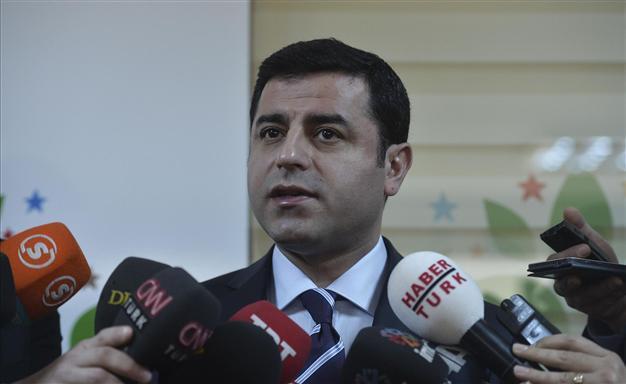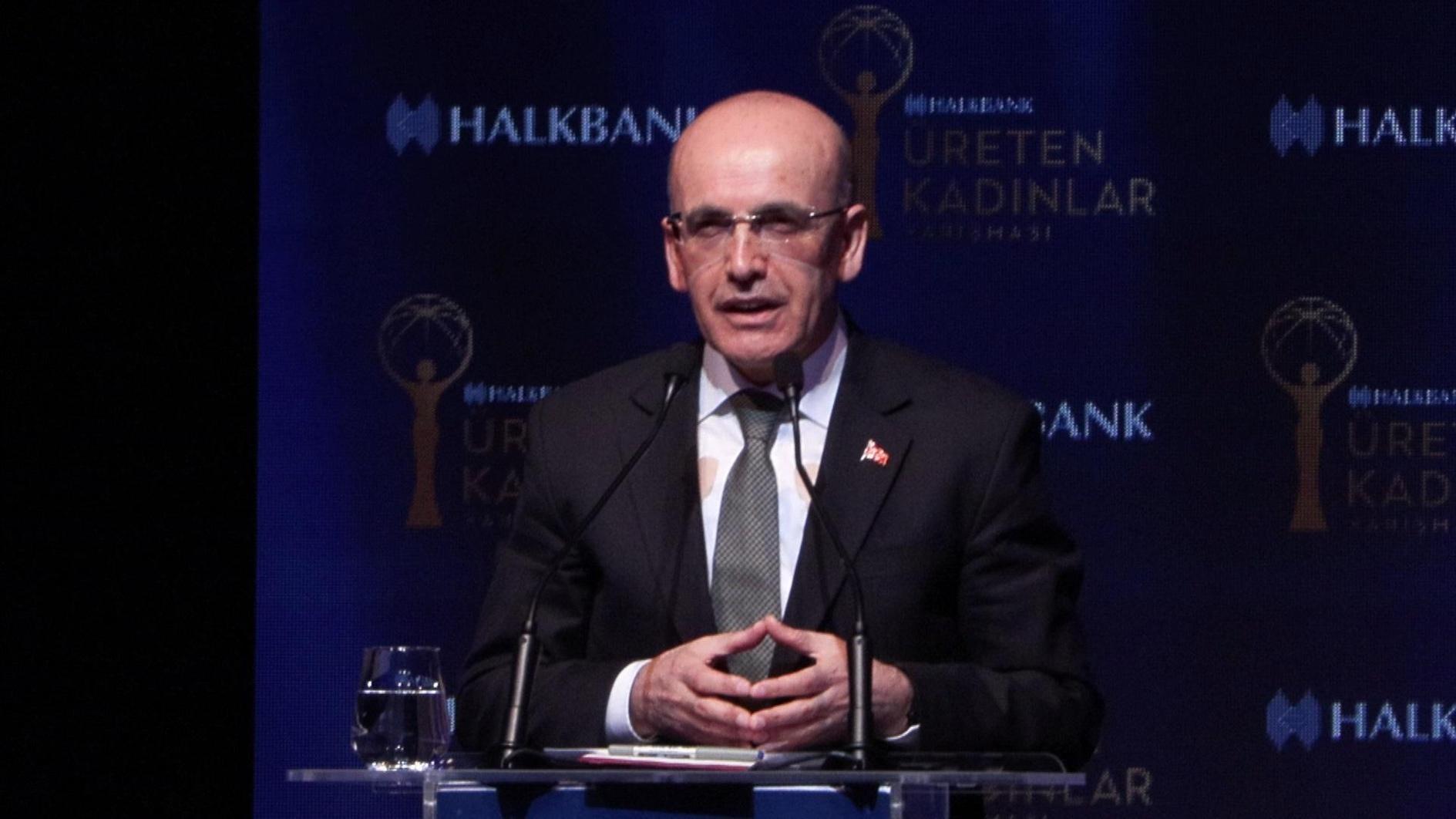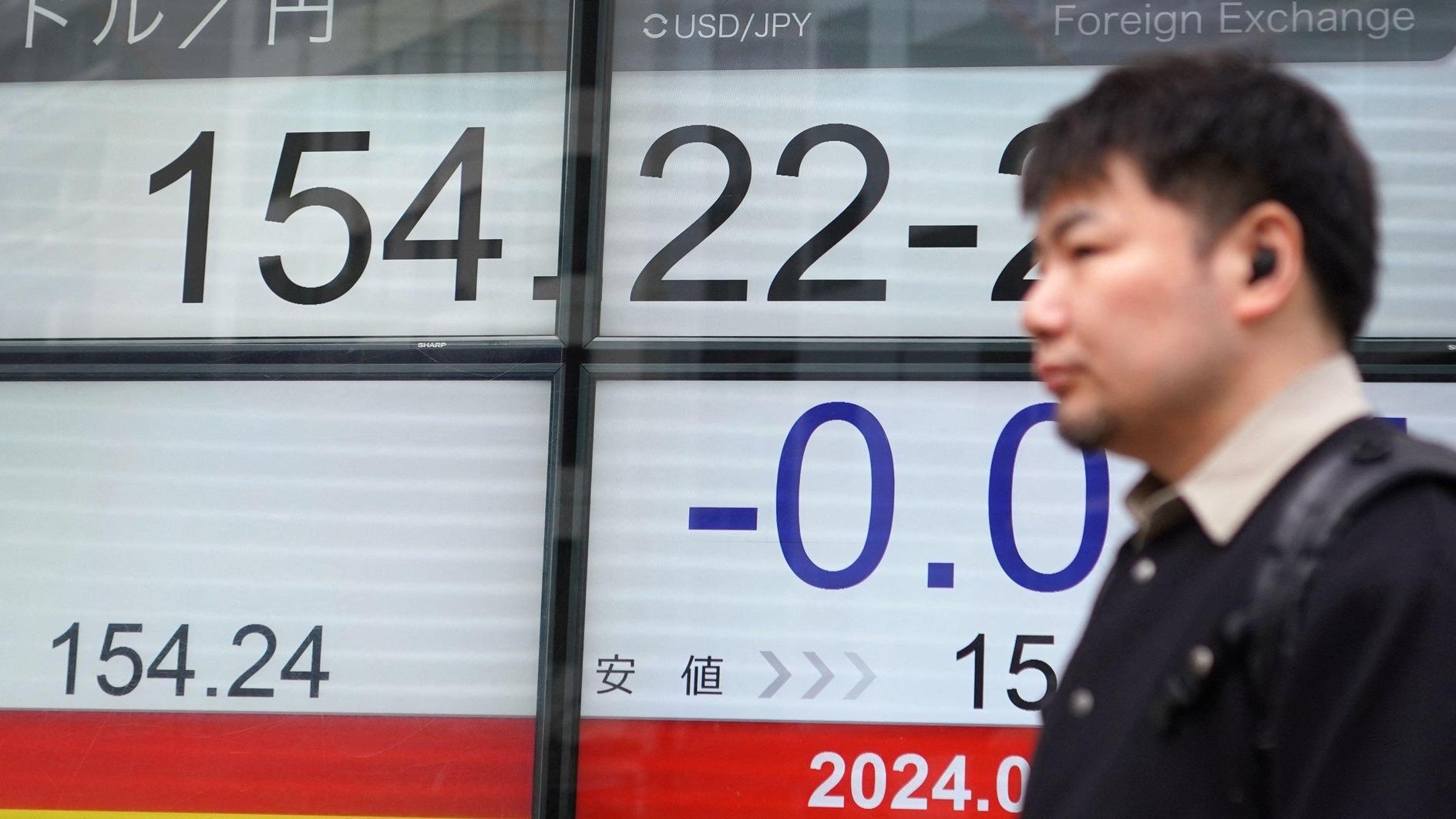Why is there a peace process if there is no Kurdish question, HDP asks Erdoğan
ANKARA

AA Photo
Peoples’ Democratic Party (HDP) Co-Chair Selahattin Demirtaş has criticized President Recep Tayyip Erdoğan for his recent statement denying the existence of a Kurdish problem in Turkey, describing such moves as a “political maneuver” for the upcoming general election.“If there is no Kurdish question, why is the peace process still continuing?” asked Demirtaş, speaking to reporters on March 16.
Erdoğan stated during a public rally in Balıkesir on March that Turkish citizens of Kurdish origin had everything Turks have and there could therefore be no Kurdish problem. “What else do you want? What else?” he said.
HDP Co-Chair Demirtaş remarked on the contradiction between Erdoğan’s denial of the Kurdish problem and the words of Prime Minister Ahmet Davutoğlu and other government officials about forthcoming steps to be taken in the Kurdish peace process.
“There is a kind of division of labor. One of them rules out the existence of the problem, the other is talking about steps to be taken. These are all pre-election maneuvers,” he said.
Demirtaş added that he was concerned that Erdoğan and the government will adopt a more nationalistic language in order to attract more votes for the parliamentary elections scheduled for June 7.
“We as the HDP have always said we do not trust the Justice and Development Party’s [AKP] policies. We have no belief that it will take steps [as part of the peace process],” he said.
Despite all negative moves from the government, the HDP will continue to be actively engaged with the peace process in order to not sacrifice any potential gains prior to the upcoming elections, he added.
Demirtaş also directed criticism toward the government over its rejection of issues already agreed on during closed meetings with Abdullah Öcalan, the jailed leader of the outlawed Kurdistan Workers’ Party (PKK).
“Issues agreed on during closed meetings on İmralı [Island] were later denied by the government. This is an indication of a lack of self-confidence, which has now turned into a crisis,” he said.
















